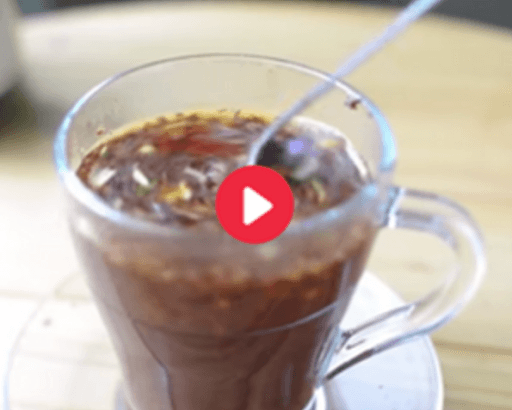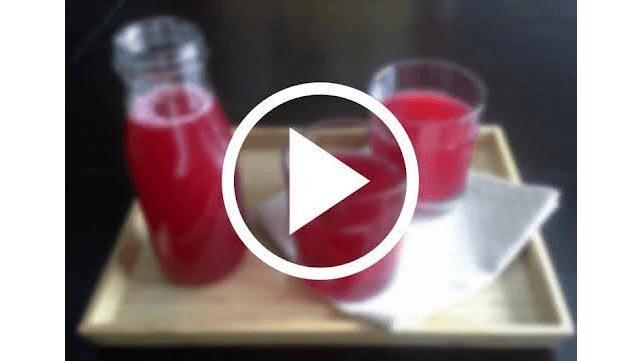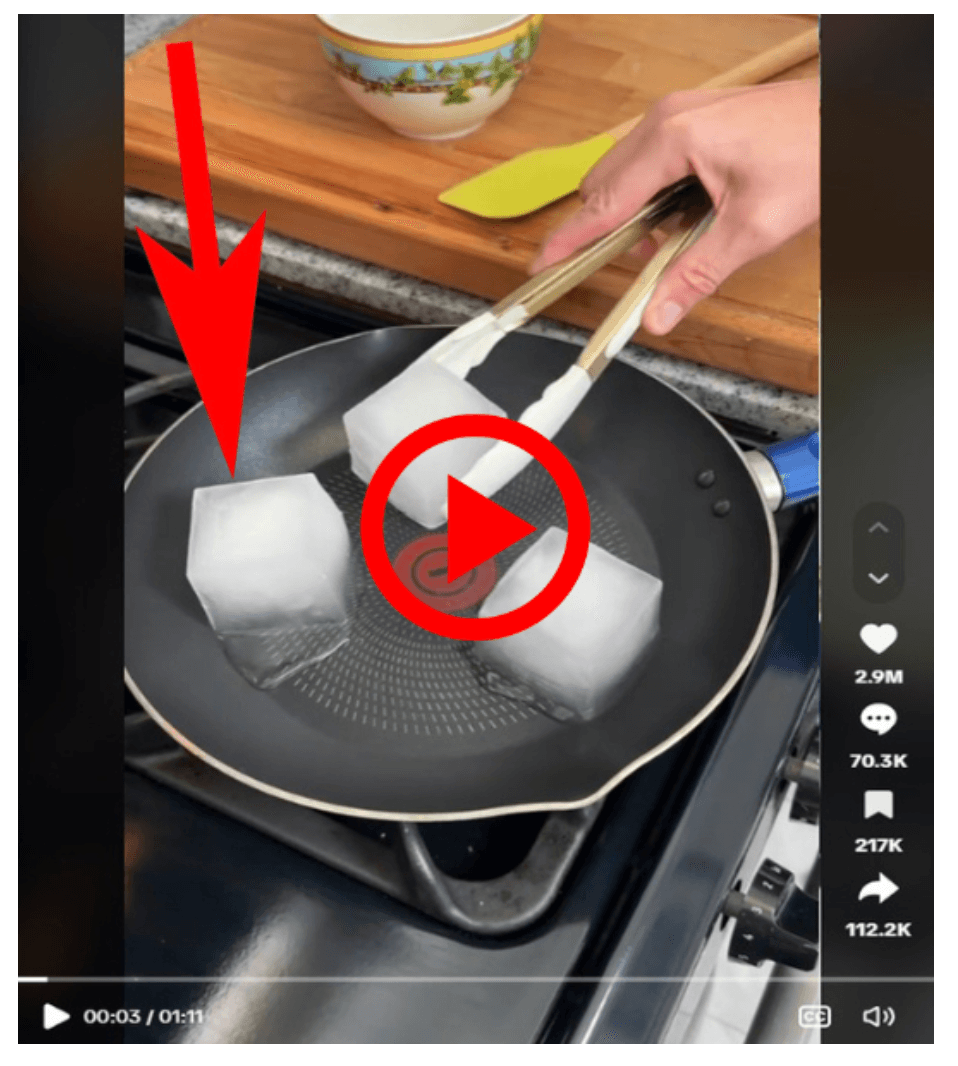Top 3 Things to Eat for a Longer Life
Eating well is vital as we age, and some communities around the world, known as Blue Zones, offer insights into dietary habits associated with longevity. Each region has its own diet, filled with specific food categories that contribute to the health and lifespan of its residents.
A predominant characteristic in Blue Zone diets is the consumption of plant-based foods. This includes an array of vegetables and legumes that form the bedrock of their nutritional profile.
Many in these regions opt for fish over meat, and often reduce the amount of dairy consumed, with a preference for alternatives like oat milk. While I enjoy occasional yogurt, general guidelines suggest reducing dairy intake.
Flexibility in diet is emphasized, accommodating for personal preferences, like having pizza with family, balanced with generally healthy choices.
A cornerstone in these diets, beans, and legumes—such as lentils and adzuki beans—provide essential nutrients and fiber. These foods are dubbed a crucial daily component.
Though high in fat, nuts like Brazil nuts offer considerable dietary benefits. Moderation remains key, preventing excess caloric intake while maximizing nutritional gain.
Superfoods from the Blue Zone include olive oil, often reported to deliver healthy fats crucial for bijou wellness. Personal indulgences can seamlessly measure into otherwise health-focused eating.
“Find what works for you from a cluster of health-breaking foods and stick with them.”
Remarkably, individuals from centenarian circles share uniquely eclectic diets. This variety echoes the diversity across these communities and the cultural individuality wrapped within.
In sum, delving into the Blue Zone approach provides a tapestry woven of individualized choices laced with collective wisdom. Eating better not only resonates with adding years to your life but arms you in combating the tides cap alongside advancing age.
From Around The Web
Wellness Inbox is a blog & weekly newsletter that curates trending news and products related to health and wellness from around the web. We also gather content from various sources, including leading health professionals, and deliver it directly to you.
Please note that we may receive compensation if you purchase any products featured in our newsletter. Wellness Inbox is not affiliated with, nor does it endorse, any health professionals whose content may appear in our newsletter. The information provided is for general informational purposes only and should not be considered medical advice.
The information provided is not intended to replace professional medical advice, diagnosis, or treatment. All content, including text, graphics, images, and information available is for general informational purposes only. We do not guarantee the accuracy or completeness of any information presented and assume no liability for any errors or omissions. The content is subject to change without notice. We encourage you to verify any information with other reliable sources and consult your physician regarding any medical conditions or treatments.






